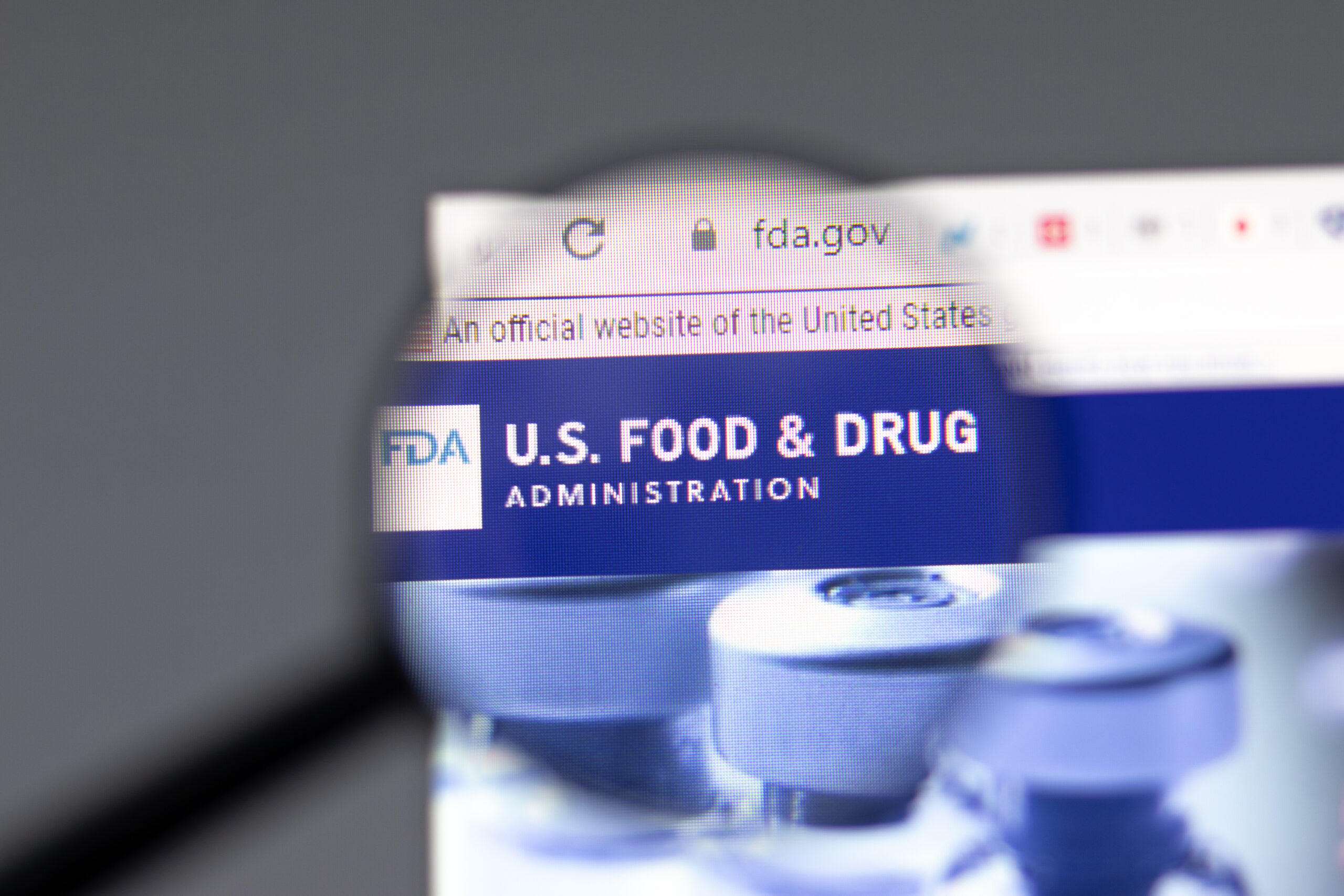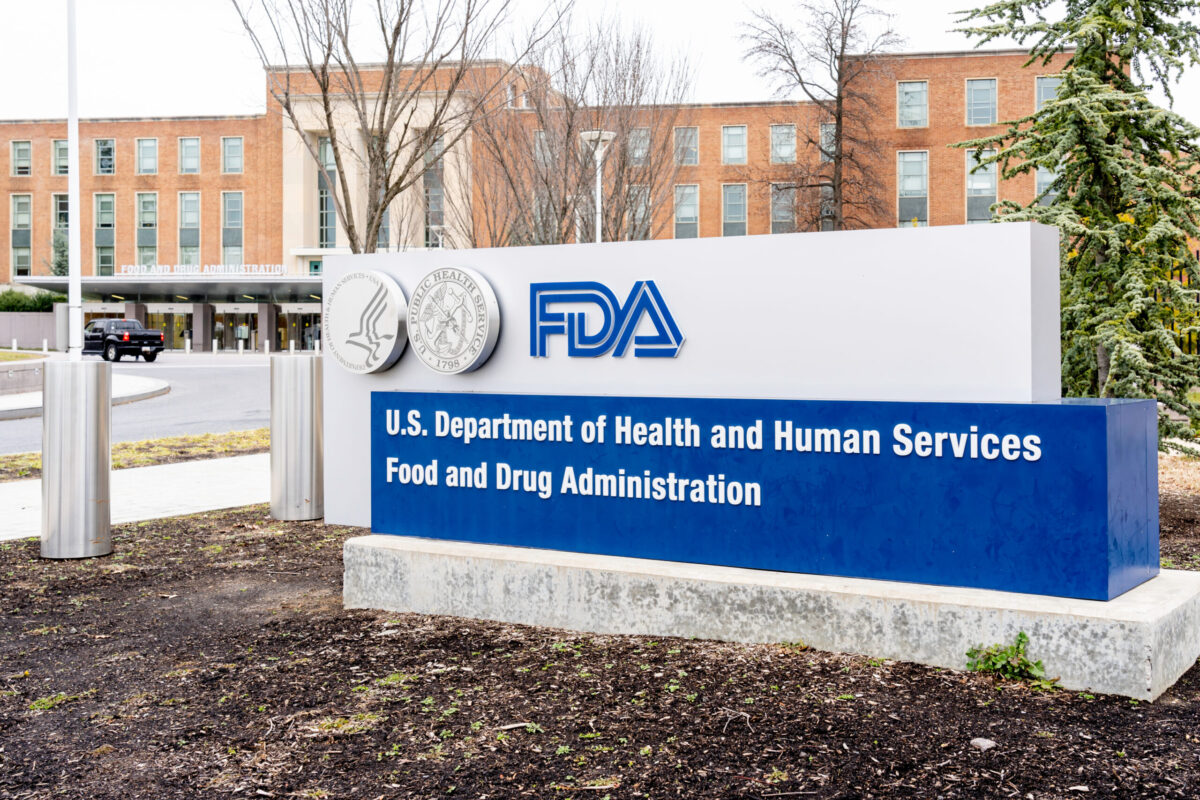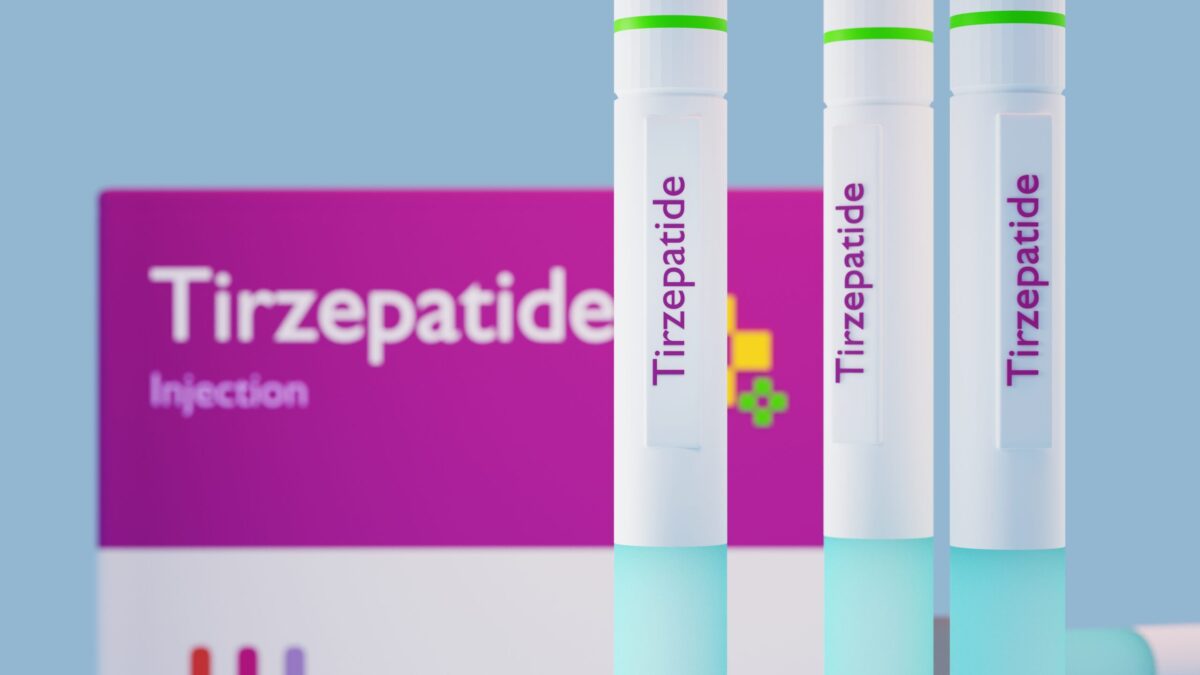The FDA is once again investing in rare disease research with more than $18 million in grants being handed down to drugmakers conducting clinical trials in these often underserved patient populations. The grant money will be fully dispersed over the next four years to the 12 new recipients, which include biopharmaceutical companies Alkeus Pharmaceuticals and OncoImmune, along with academic and hospital research centers.
“Developing a treatment for a rare disease can be especially challenging. Given the often small number of patients affected by certain very rare diseases, there can be limited markets for new treatments, and as a result fewer resources devoted to researching these opportunities,” said FDA Commissioner Scott Gottlieb. “The FDA is committed to doing its part to facilitate continued progress toward more treatments, and even potential cures, for patients with rare diseases.”
Alkeus Pharmaceuticals was awarded $1.75 million to continue Phase II development of its Stargardt disease treatment, ALK-001. Stargardt disease is a form of inherited macular degeneration which affects just 30,000 individuals in the US. No treatments exist for this rare form of blinding eye disease, making the development of ALK-001 – a form of vitamin A – important for this underserved patient community.
CD24Fc is OncoImmune’s lead compound which is designed to treat graft-versus-host disease, a rare condition in which cells in a bone marrow transplant view the recipient’s tissues as foreign and mount an attack. The company was awarded $2 million in order to continue its Phase IIb study program for CD24Fc.
Other recipients of the FDA’s rare disease research grants include Pennsylvania-based Fibrocell Technologies, New Jersey-based Patagonia Pharmaceuticals, Cedars-Sinai Medical Center and Johns Hopkins University.
“With efficient regulation, proper incentives for product development and the continued support of patients, providers and researchers, we have more opportunities to pursue these advances than ever before,” said Gottlieb. “For 35 years, the FDA has provided much-needed financial support for clinical trials of potentially life-changing treatments for patients with rare diseases.”
The grants awarded this round were split among multiple disease areas, including cancers, endocrine disorders, and pediatric conditions. Studies involving children – including Alkeus Pharmaceuticals’ Stargardt disease trial – received the majority of the funding at 42 percent, with new cancer treatments being awarded 33 percent of the rare disease grants. Clinical development programs for endocrine disorders like Cushing disease were given 25 percent of the research funds.
Rare disease experts from the FDA and the National Institutes of Health (NIH), along with representatives from academia, were involved in selecting the winning grant applications. The funding for the grants is provided by the Orphan Products Clinical Trials Grants Program which focuses on promoting early clinical trials of drugs and devices which have the potential to meet significant unmet medical needs in the rare disease community. Over 60 orphan products have been approved as a result of the financial support from this program, including treatments for HIV and sickle cell disease.
“Since its creation in 1983, the Orphan Products Grants Program has provided more than $400 million to fund more than 600 new clinical studies,” said Dr. Debra Lewis, acting director of the FDA’s Office of Orphan Products Development. “We are encouraged to see so much interest in our grants program and are pleased to support research for a variety of rare diseases that have little, or no, treatment options for patients.”












Join or login to leave a comment
JOIN LOGIN